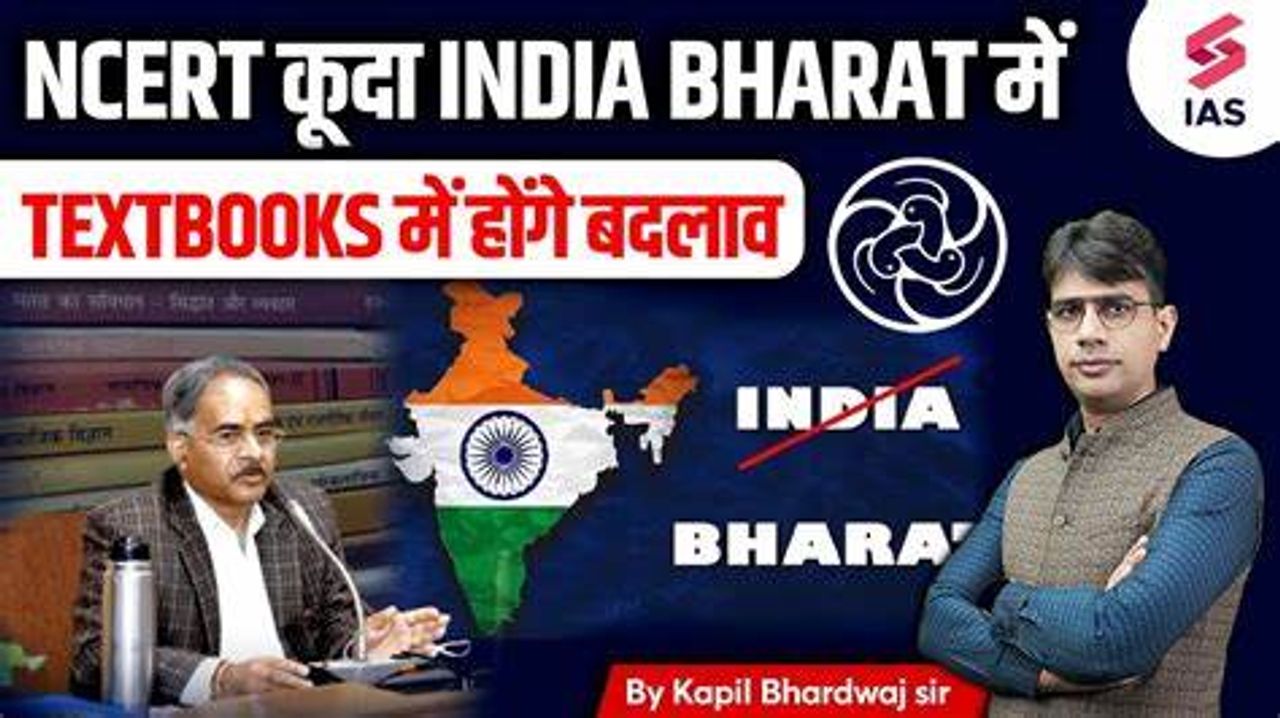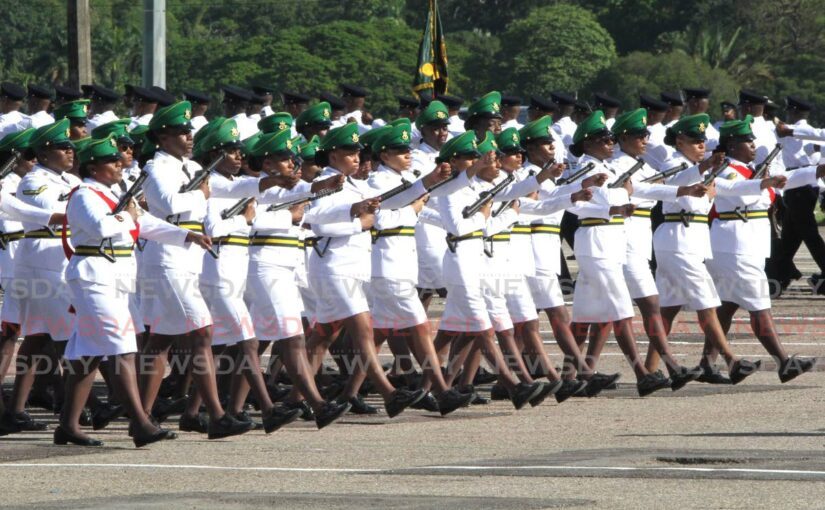Revisions to NCERT textbooks under India's BJP-led government have sparked controversy, with accusations of ideological influence. Changes include...
Vous n'êtes pas connecté
- English
- Français
- عربي
- Español
- Deutsch
- Português
- русский язык
- Català
- Italiano
- Nederlands, Vlaams
- Norsk
- فارسی
- বাংলা
- اردو
- Azərbaycan dili
- Bahasa Indonesia
- Հայերեն
- Ελληνικά
- Bosanski jezik
- українська мова
- Íslenska
- Türkmen, Түркмен
- Türkçe
- Shqip
- Eesti keel
- magyar
- Қазақ тілі
- Kalaallisut ; kalaallit oqaasii
- Lietuvių kalba
- Latviešu valoda
- македонски јазик
- Монгол
- Bahasa Melayu ; بهاس ملايو
- ဗမာစာ
- Slovenščina
- тоҷикӣ ; toğikī ; تاجیکی
- ไทย
- O'zbek ; Ўзбек ; أۇزبېك
- Tiếng Việt
- ភាសាខ្មែរ
- རྫོང་ཁ
- Soomaaliga ; af Soomaali
Rubriques :
 Maroc - EURASIAREVIEW.COM - A la une - 20/Jun 16:08
Maroc - EURASIAREVIEW.COM - A la une - 20/Jun 16:08
NCERT’s Historical Revisions – OpEd
The National Council of Educational Research and Training (NCERT) has intensified its efforts to censor and distort educational content, embedding falsehoods, misrepresentations, and evasions into school textbooks. This campaign to rewrite history, recast historical figures, and reinterpret society has become particularly pronounced since the Bharatiya Janata Party (BJP) assumed power. Recent syllabus changes are strikingly unbalanced. For instance, the Class 12 political science textbook now omits references to the Gujarat riots and the violence following the Babri Masjid demolition. NCERT justifies this by claiming an “expert committee felt that mentioning a few riots selectively is not good.” NCERT Chairman Dinesh Saklani argues that students should not learn about riots because “we want to create positive citizens, not violent and depressed individuals.” But this raises a critical question: should we also erase the Partition riots and exclude all historical strife to cultivate ‘positive’ citizens? Such an approach appears aimed at whitewashing history, presenting India—and the world—through the BJP’s preferred lens rather than reflecting the reality of past events. The revisions extend further. The Babri Masjid is referred to as a “three-domed structure,” omitting significant details about the rath yatra, the role of kar sevaks in demolishing the Babri Masjid, and the ensuing communal violence. References to the dismissal of BJP governments after the demolition and the party’s “regret over the happenings in Ayodhya” have been excised. These changes are part of a broader pattern of historical revisionism. Previous textbook revisions have reshaped concepts like the Aryan migration, the Islamic rule, and the extensive Mughal period to fit the BJP’s narrative. The portrayal now suggests that all Mughals were oppressors while all Hindu kings were benevolent. Ancient India is depicted as a golden age, leading the world in all fields, thus presenting students with a distorted and unrealistic picture of Indian history. This manipulation of history serves contemporary political agendas, using education as a tool to indoctrinate young minds. The New Education Policy 2020 purports to “enhance critical thinking among students,” and the NCERT is intended to function as an autonomous body, not an ideological extension of the BJP. A nation’s identity is shaped by its history, both past and present, and the values that have guided it and will continue to guide it. Instilling a false conception of the nation in students’ minds leads to the construction of inaccurate self-images and fosters a misleading worldview. Education should empower students to question, argue, and think critically. It should not conceal, distort, or falsify history, nor should it impose predetermined answers and conclusions. The current approach to textbook revision undermines these educational principles, threatening to produce generations of students with a skewed understanding of their nation’s history and its place in the world. The implications of these changes are profound. By erasing key historical events and figures, the NCERT is not merely altering facts but is actively shaping the collective memory of young Indians. This has long-term consequences for how they perceive their own identity and their nation’s role in the global context. It stifles critical thinking and discourages open debate, crucial elements in the development of informed and engaged citizens. The omission of the Gujarat riots and the Babri Masjid demolition from textbooks is particularly troubling. These events are significant chapters in India’s contemporary history, and their exclusion denies students the opportunity to learn from the past. Understanding these events is essential for fostering a nuanced comprehension of communal relations and the challenges of maintaining a pluralistic society. Sanitizing history does a disservice to students, depriving them of the tools needed to navigate and contribute to a diverse and complex world. Moreover, the selective portrayal of historical periods and figures creates a skewed national narrative. The glorification of certain epochs and the vilification of others reflect a biased view that undermines the richness and diversity of India’s heritage. Such a narrative can foster divisiveness and hinder the development of a cohesive national identity. The role of education is to present a balanced view of history, encouraging students to explore different perspectives and form their own informed opinions. It should aim to cultivate critical thinkers who can engage with the world in an informed and thoughtful manner. By contrast, the current trend of historical revisionism in NCERT textbooks risks producing a generation of students with a narrow and distorted understanding of their country’s past. It is crucial for educators, historians, and policymakers to advocate for a more balanced and comprehensive approach to teaching history. This includes acknowledging and addressing the complexities and contradictions of historical events, rather than erasing them. Students should be encouraged to engage with history critically, understanding its nuances and learning from its lessons. In conclusion, the NCERT’s ongoing revisions to history textbooks represent a troubling trend towards the politicization of education. By distorting and omitting significant historical events, the NCERT is failing in its duty to provide a truthful and balanced education. It is imperative that educational content be based on rigorous scholarship and historical accuracy, free from political agendas. Only then can we hope to cultivate a generation of well-informed, critical-thinking citizens capable of contributing to a vibrant and democratic society.
Articles similaires
We mix up things, we try to connect it with ideologies, where is saffronisation? I don't see anywhere: Dinesh Saklani
The NCERT faced criticism for alleged 'saffronisation' in textbook revisions, particularly in the Class 12 Political Science book. Director Saklani...
New NCERT Political Science textbooks now with an updated discourse on Ayodhya: What's changed
The NCERT has made significant revisions in the Class 12 Political Science textbook to align with the Supreme Court's 2019 verdict on the Ayodhya...
NCERT Confirms Bharat Will Be Used Interchangeably with 'India' in Textbooks, Not a Replacement
In a recent announcement, the National Council of Educational Research and Training (NCERT) clarified that the term "Bharat" will be used...
'Bharat', 'India' to be used interchangeably in textbooks: NCERT chief
"Bharat" and "India" will be used interchangeably in NCERT textbooks as is the case in the country's Constitution, National Council of Educational...
'No need to teach about riots': NCERT chief on Babri tweaks in books
NCERT's director Dinesh Prasad Saklani expressed concerns about teaching riots in school textbooks, emphasizing the need to create positive citizens...
DNA Exclusive: Analysing NCERT`s Moves Of Removing Babri Reference From Books
In Today's DNA, Sourabh Raaj Jain analysed the reduction of Babri name from NCERT Political Science textbook.
'NCERT functioning as RSS affiliate': Congress on textbook tweak row
Jairam Ramesh raises concerns over NCERT's revised textbooks criticizing secularism and political parties, highlighting the importance of secularism...
Why is Trinidad and Tobago’s history important?
Historian Dr Jerome Teelucksingh thinks some of the societal problems Trinidad and Tobago faces are because local history is unknown or...
Amendment in 12th class syllabus, these words removed from the book….
NCERT Textbook Changes 2024: The National Council of Education Research and Training (NCERT) has made
Les derniers communiqués
-
Adobe Brings Conversational AI to Trillions of PDFs with the New AI Assistant in Reader and Acrobat
Adobe - 21/02/2024
-
Laura Frigenti takes the Helm as Chief Executive Officer of the Global Partnership for Education
Global Partnership for Education - 05/12/2022





